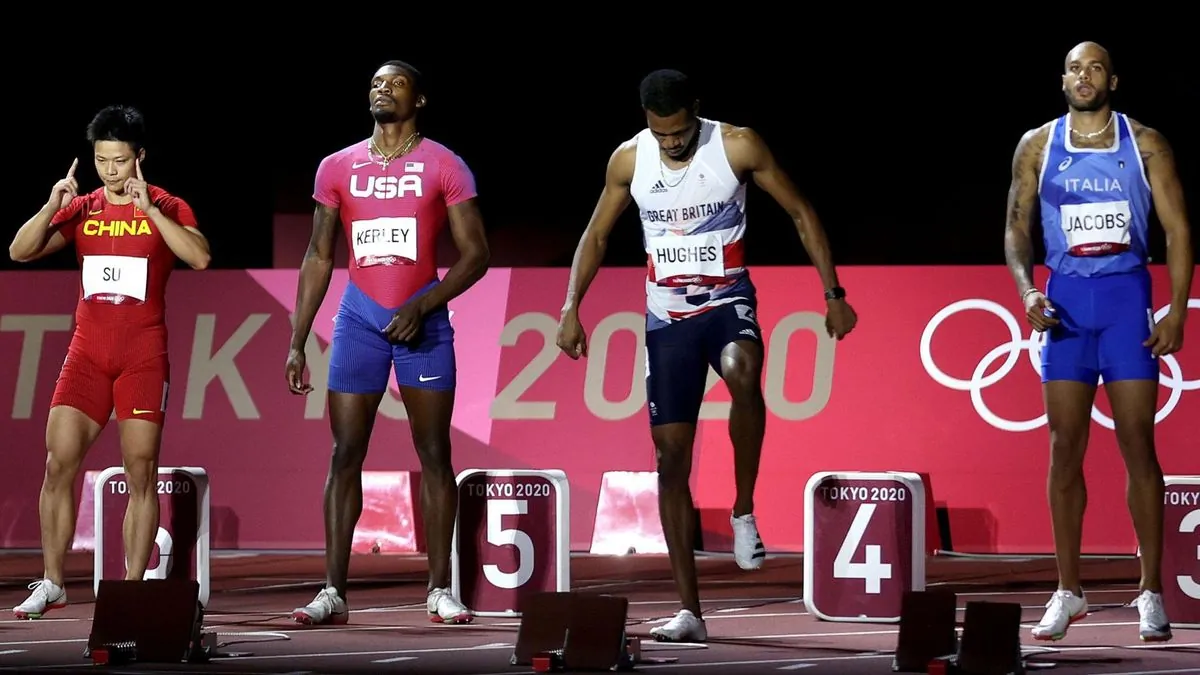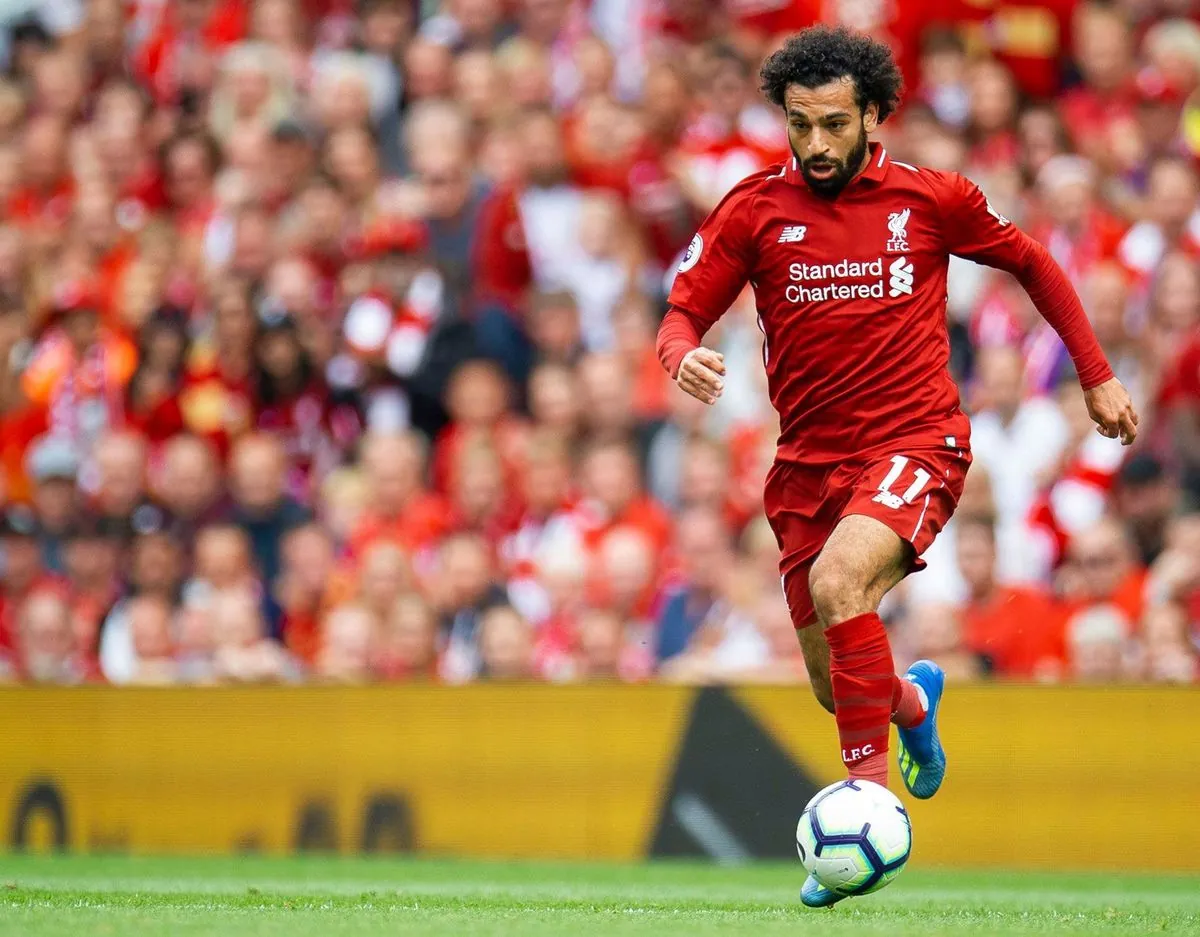Minority Olympians: Balancing Cultural Representation and Athletic Excellence
Minority athletes at the Olympics face unique challenges, representing their cultures while striving for excellence. Their presence impacts societal perceptions and inspires change beyond the sporting arena.

The 2024 Paris Olympics, held just five months ago, showcased not only athletic prowess but also the power of cultural representation. Among the competitors was Logan Edra, known as B-Girl Logistx, who at 21 years old became the youngest breaker on Team USA. Her participation highlighted the debut of breaking as an official Olympic sport, marking a significant milestone in the Games' history.
Edra's journey exemplifies the unique challenges faced by minority athletes on the global stage. As the daughter of Filipino immigrants, she carried the weight of representing both her cultural heritage and the broader immigrant community. This responsibility added an extra layer of pressure to her performance, illustrating the complex role minority Olympians often play.
The impact of minority athletes extends far beyond their athletic achievements. Social scientists have observed a phenomenon known as the "parasocial contact hypothesis," which suggests that positive exposure to members of marginalized groups can reduce prejudice. A study conducted in 2021 demonstrated this effect through the example of Egyptian soccer player Mohamed Salah, whose presence in Liverpool led to a decrease in hate crimes and anti-Muslim sentiment in the area.

However, this influence comes with its own set of challenges. Minority athletes must navigate a delicate balance between embracing their authenticity and maintaining a broad appeal. Political scientist Ala Alrababah notes that this dynamic places an additional burden on these athletes, as their performance can potentially impact public attitudes towards their entire community.
The Olympic stage has witnessed numerous examples of minority athletes inspiring change. Gabby Douglas and Simone Biles have significantly increased Black participation in gymnastics. Sunisa Lee, who became the first Hmong-American to win gold in the women's all-around gymnastics event at the Tokyo Olympics three years ago, sparked public interest in Hmong culture and raised awareness about health issues affecting the Hmong-American community.
"Mexicans often can be associated with laziness, but Alexa Moreno has been super resilient. Because she's won so much, she's admired by not just Mexicans but the gymnastics community more broadly, and I think that definitely has reduced some stereotypes and racism."
The presence of minority athletes at the Olympics can serve as a powerful tool for education and prejudice reduction. Organizations like Show Racism the Red Card have developed resources to help teachers use the Olympics and Paralympics to combat prejudice in schools across the UK.
As the world continues to grapple with issues of racism and discrimination, the role of minority Olympians becomes increasingly significant. Their achievements on the global stage not only bring pride to their communities but also contribute to reshaping perceptions and advancing discussions on race and inclusion.
The impact of these athletes extends far beyond their medal counts. As Gilberto Lopez-Jimenez observed, their presence on the podium brings countries together and inspires future generations. In a world where the Olympic rings symbolize the union of five continents, these athletes embody the true spirit of the Games – bringing people together and fostering understanding across cultures.


































